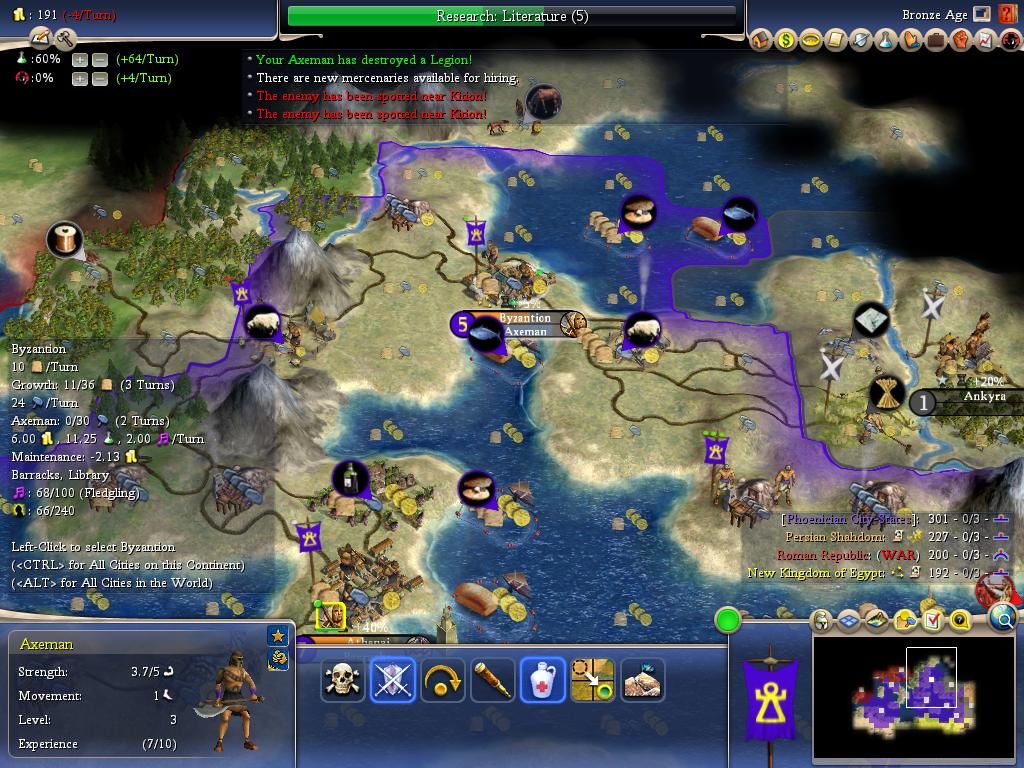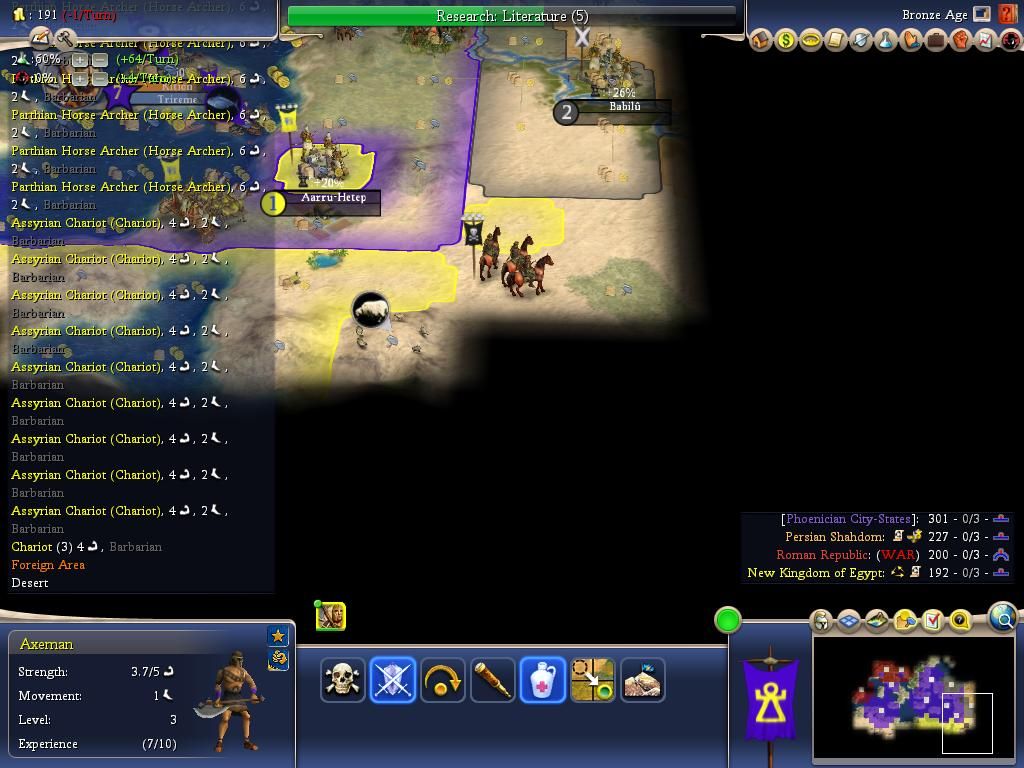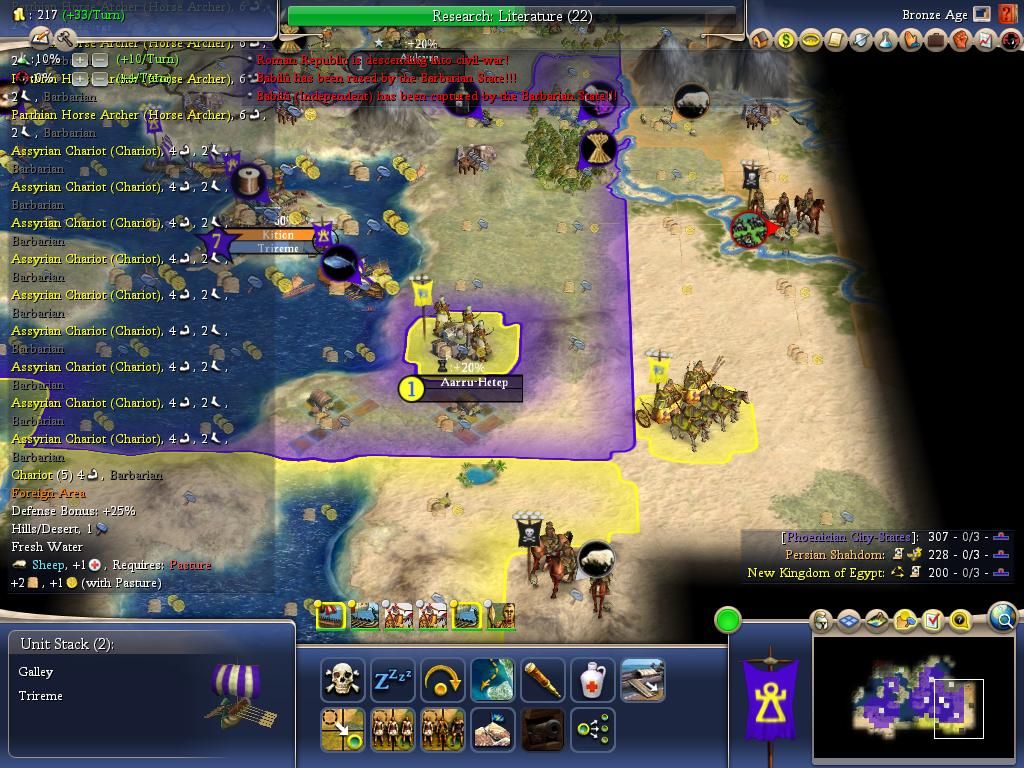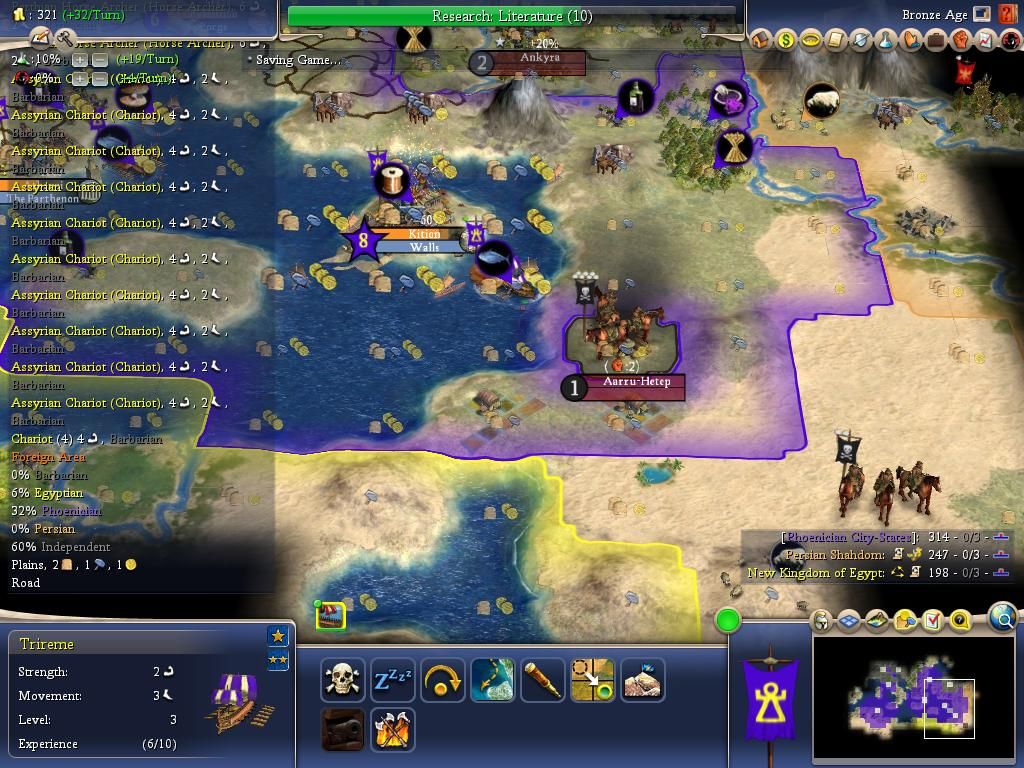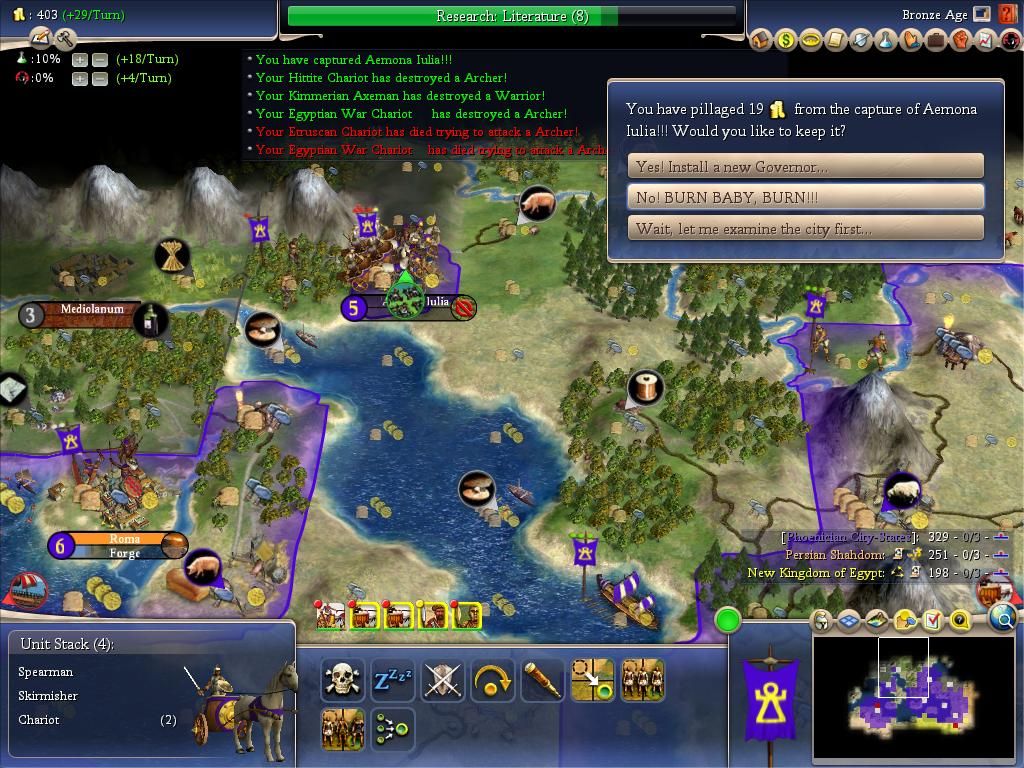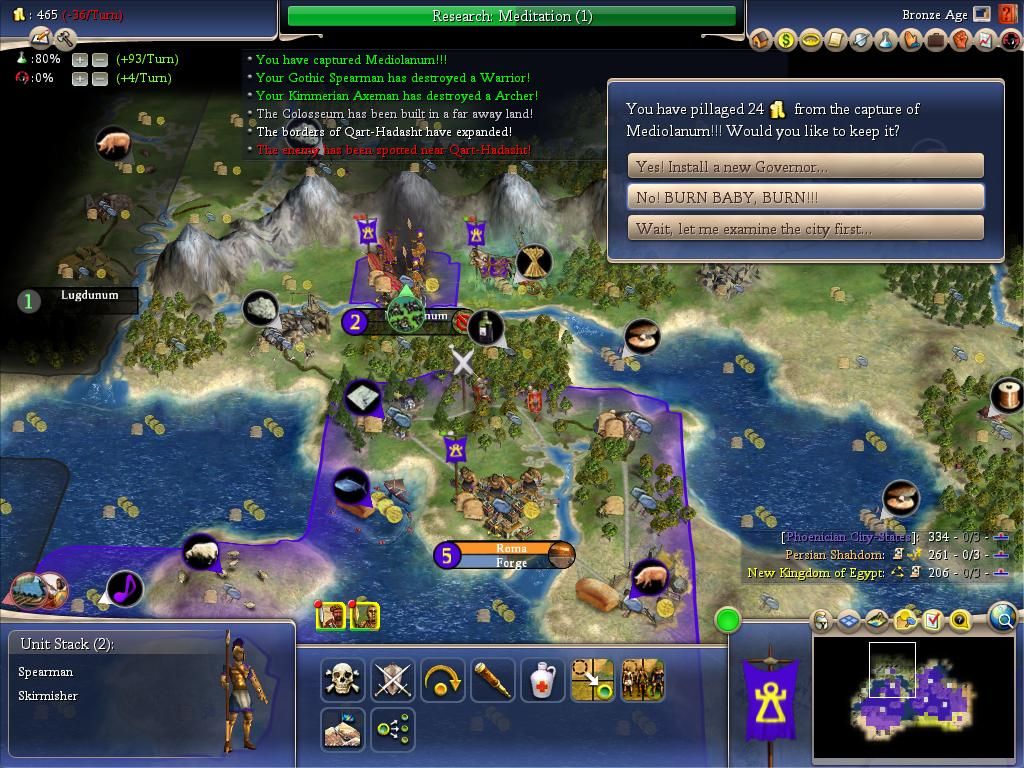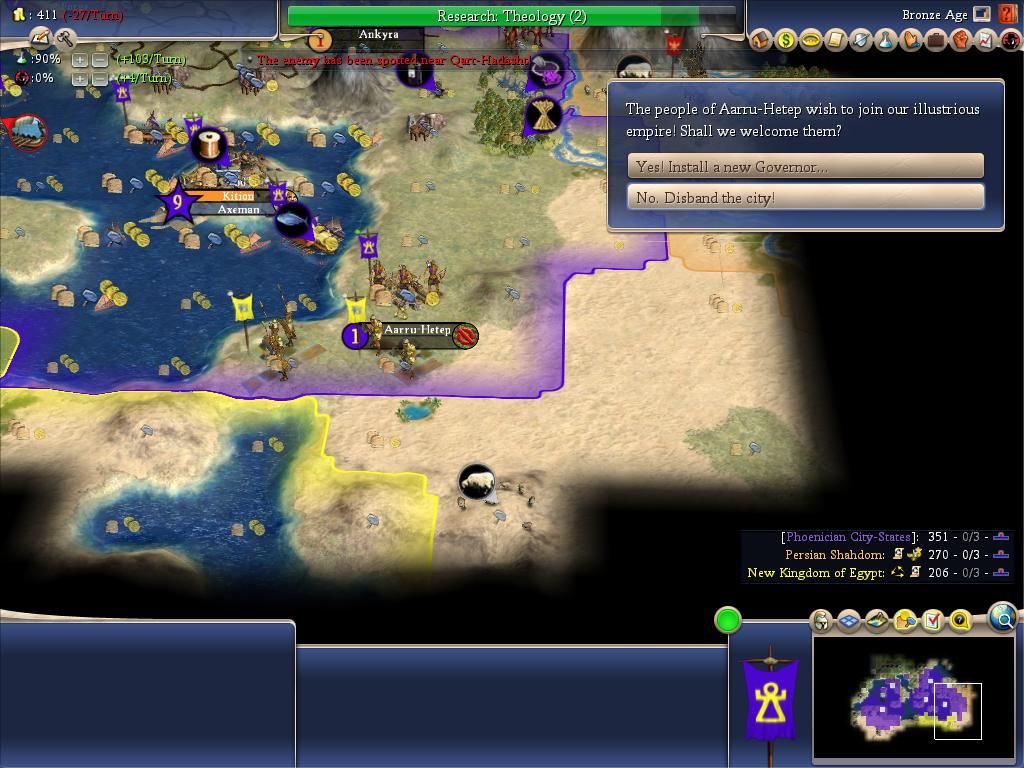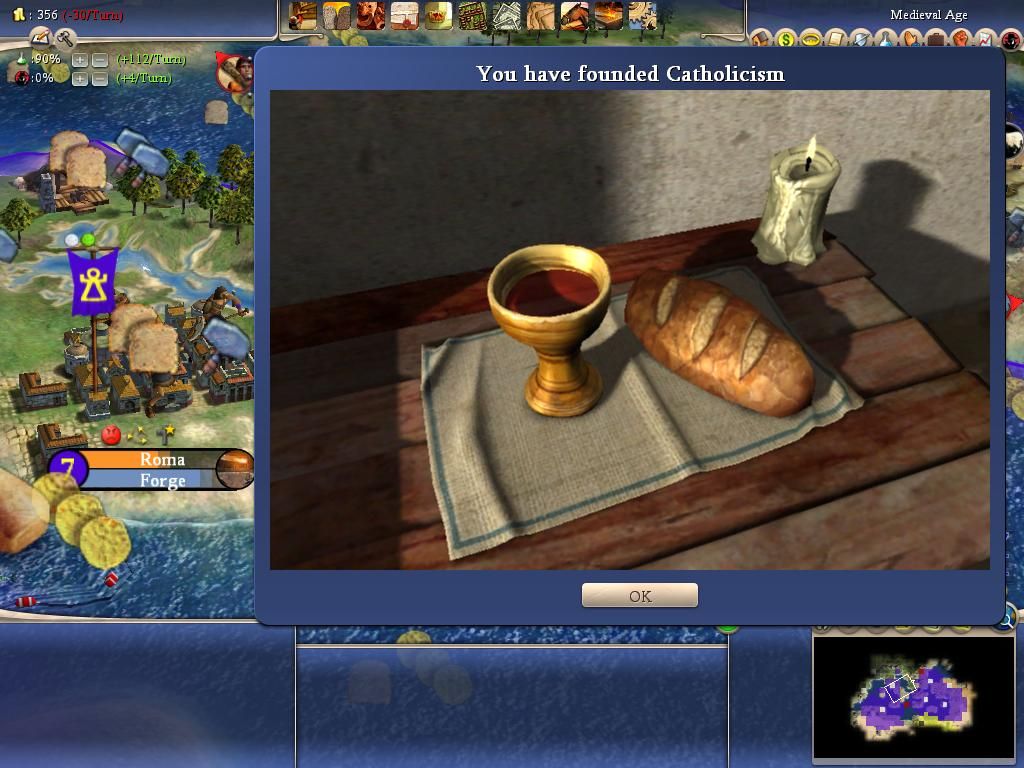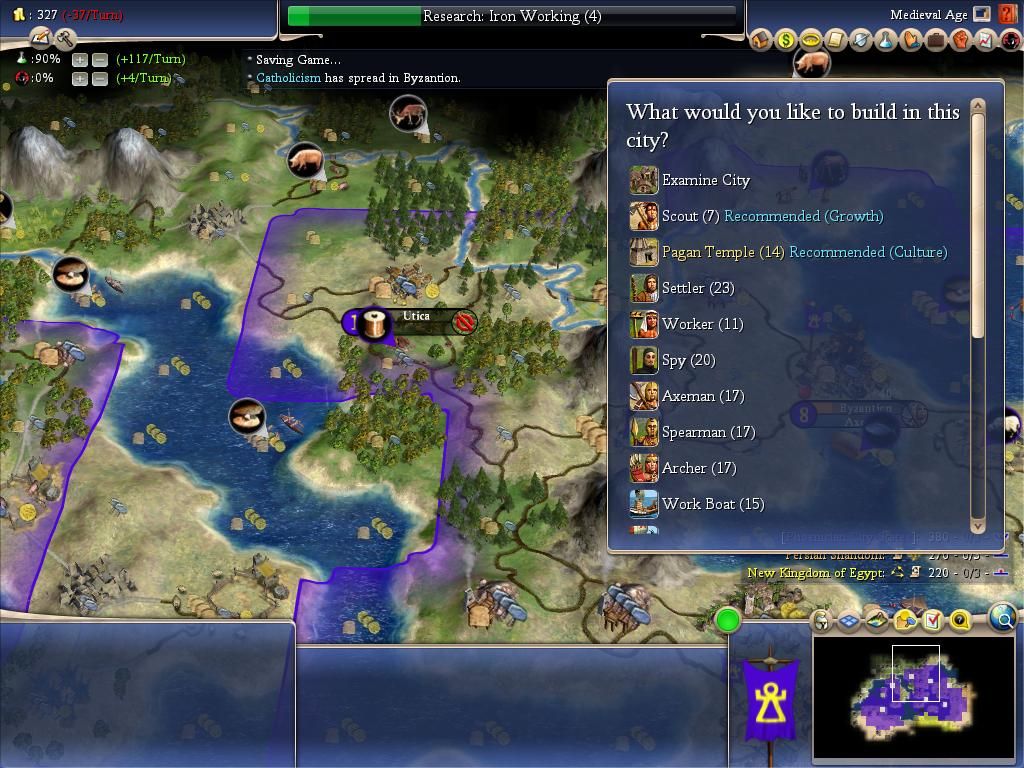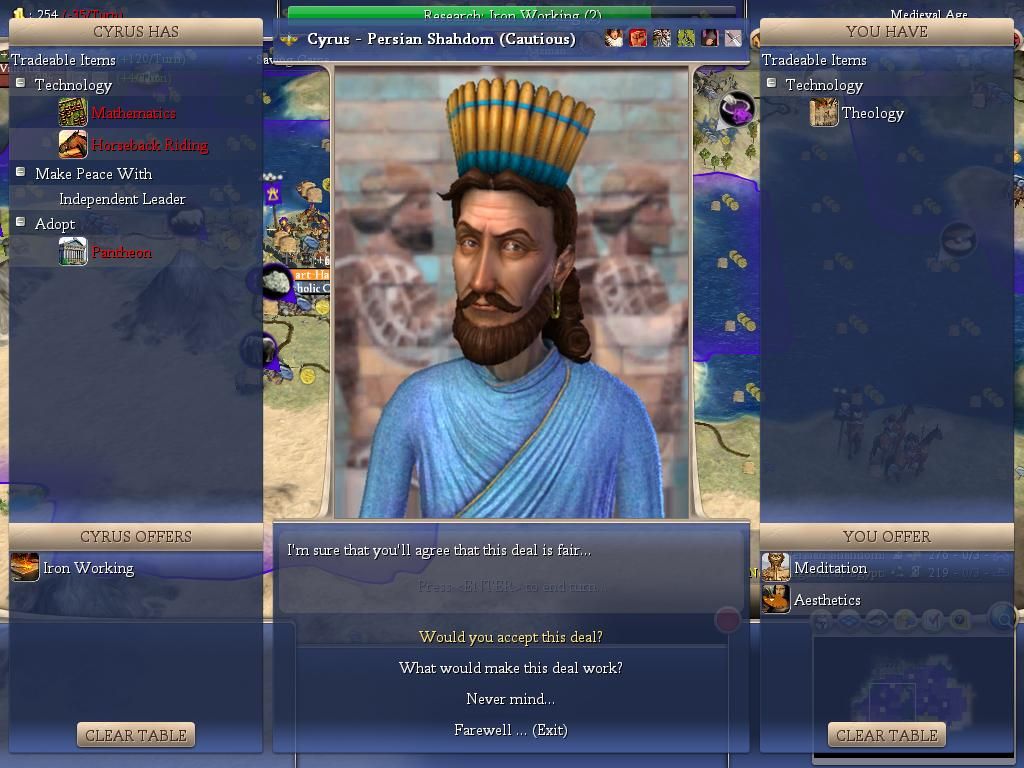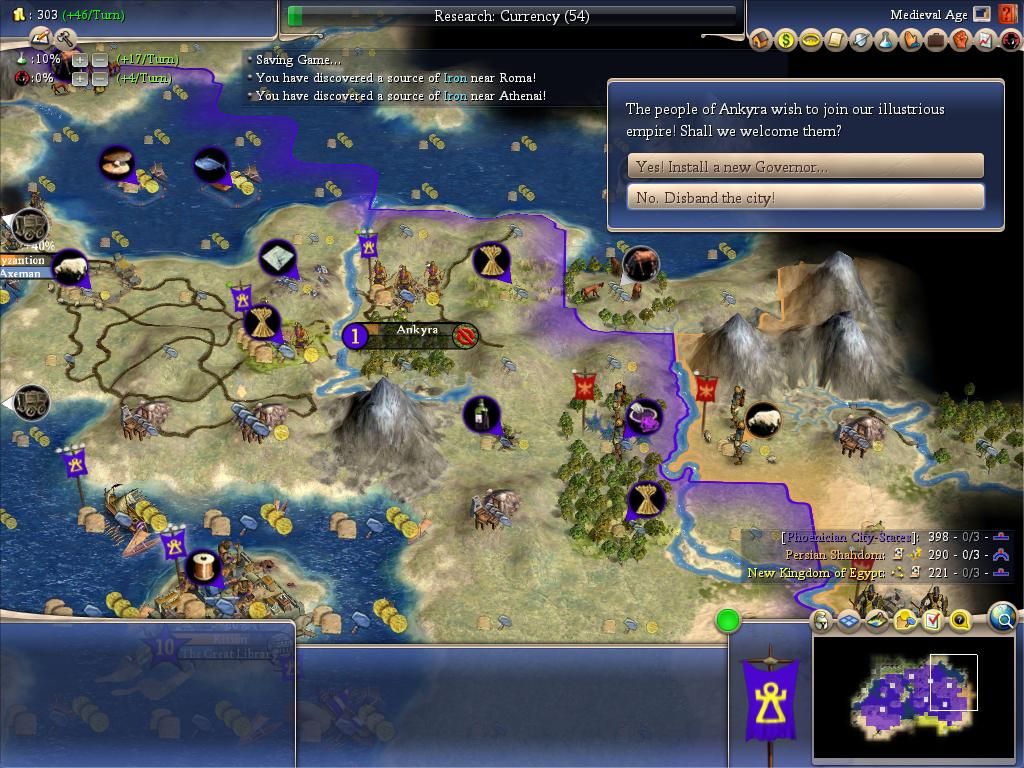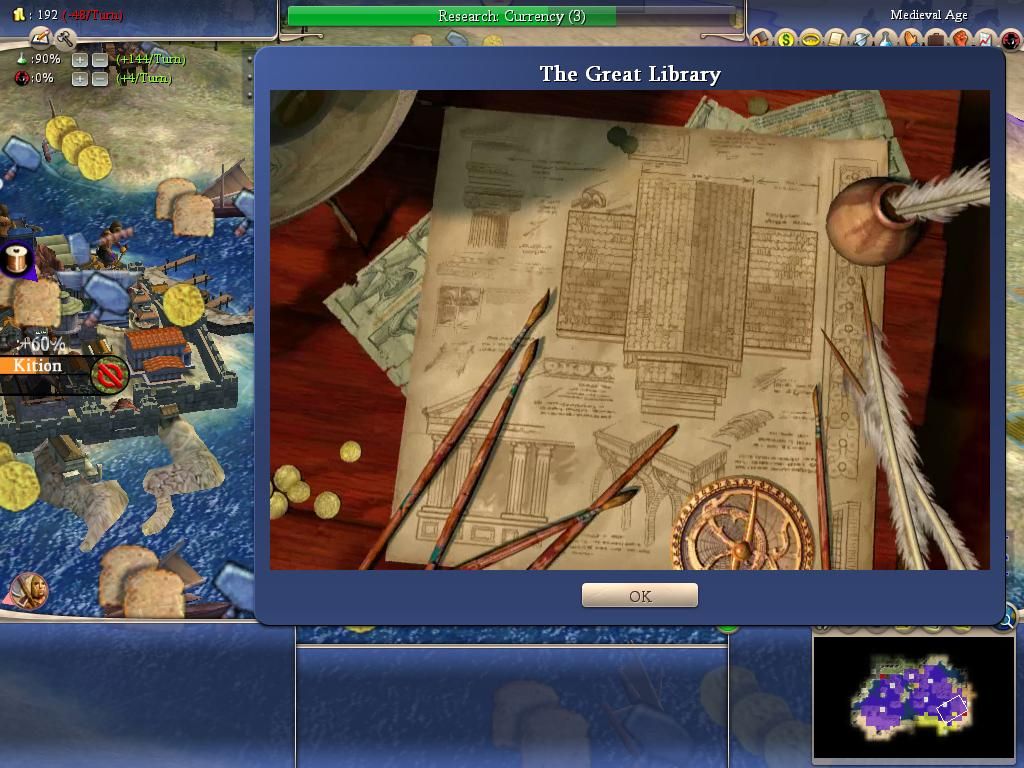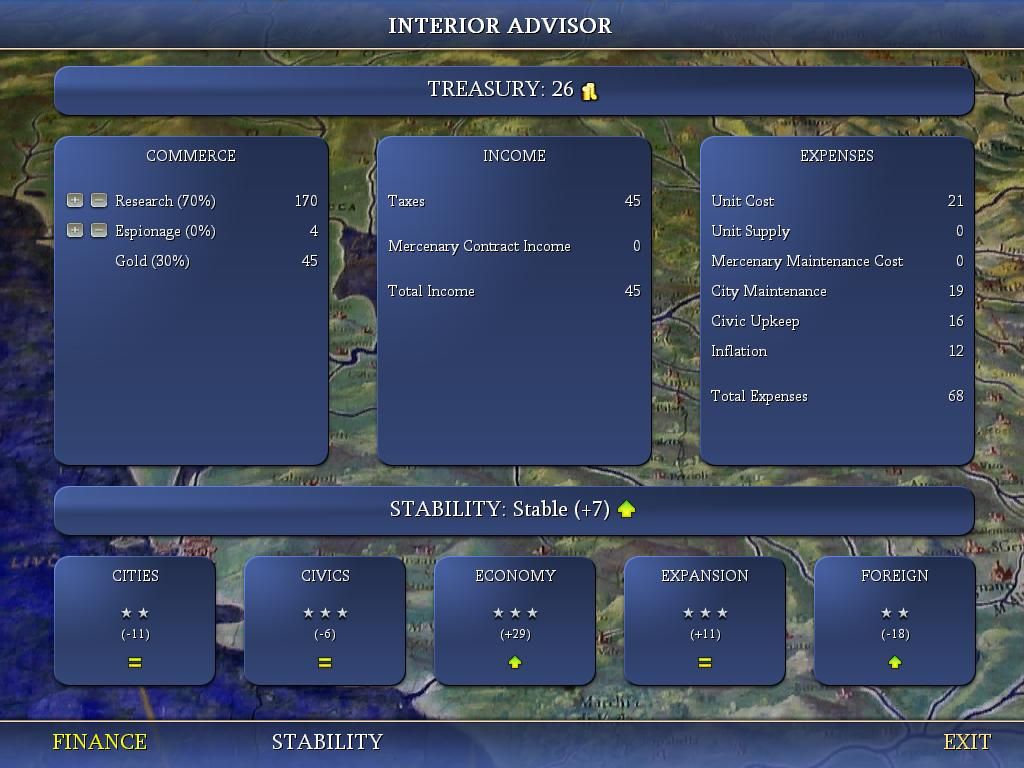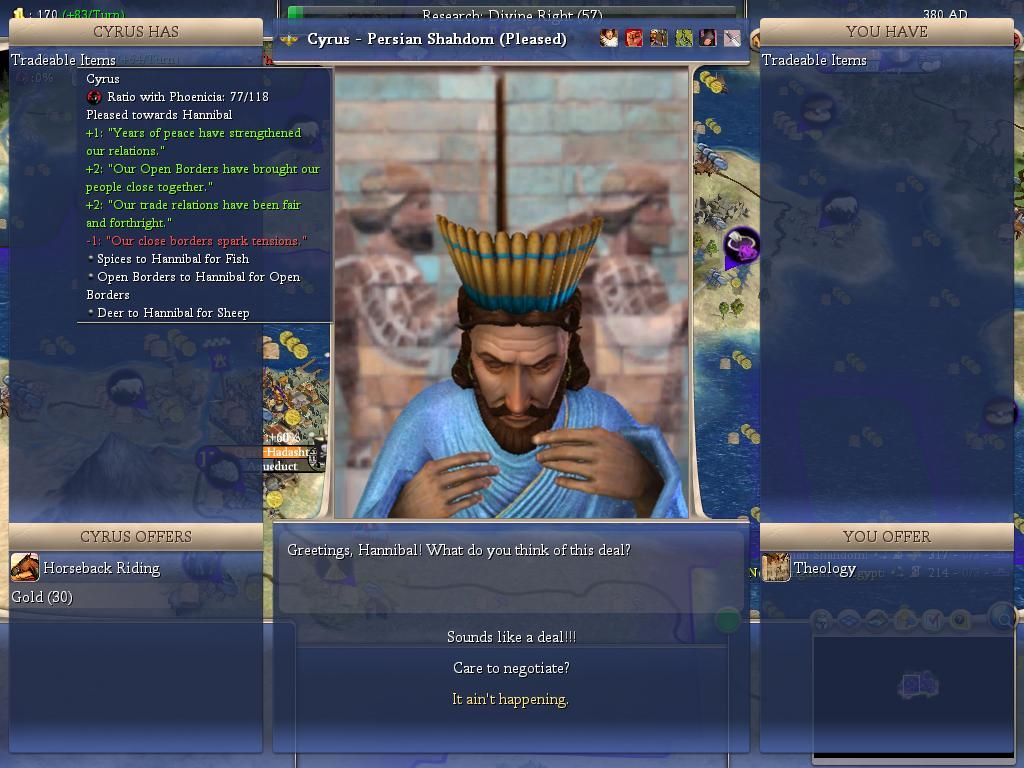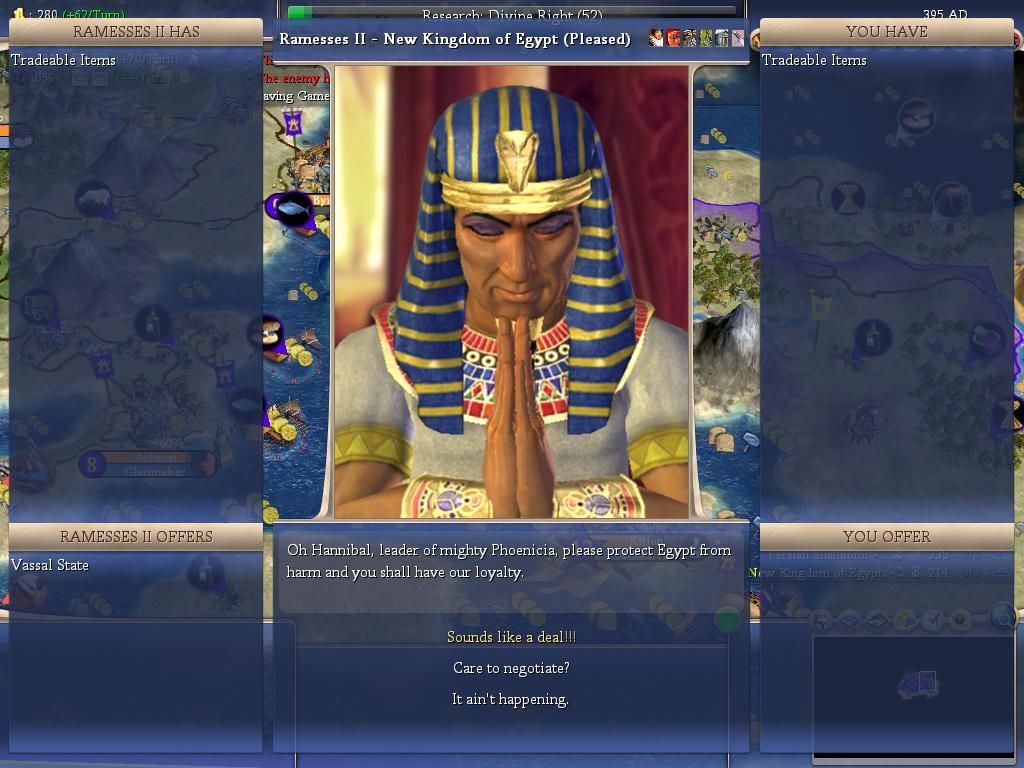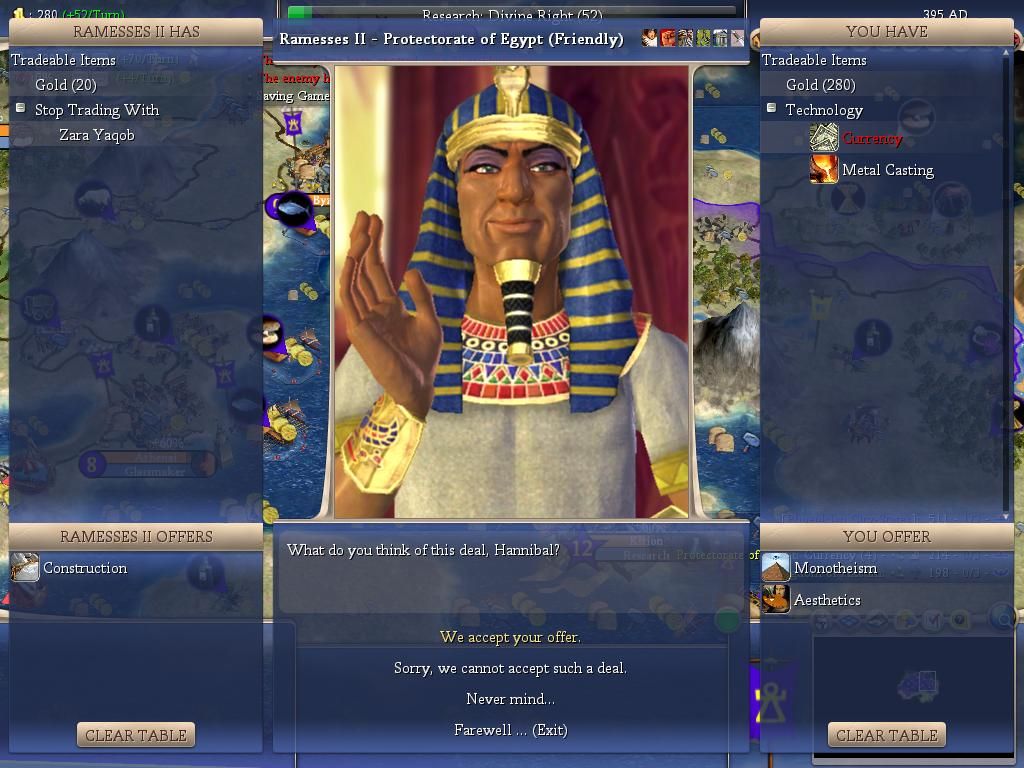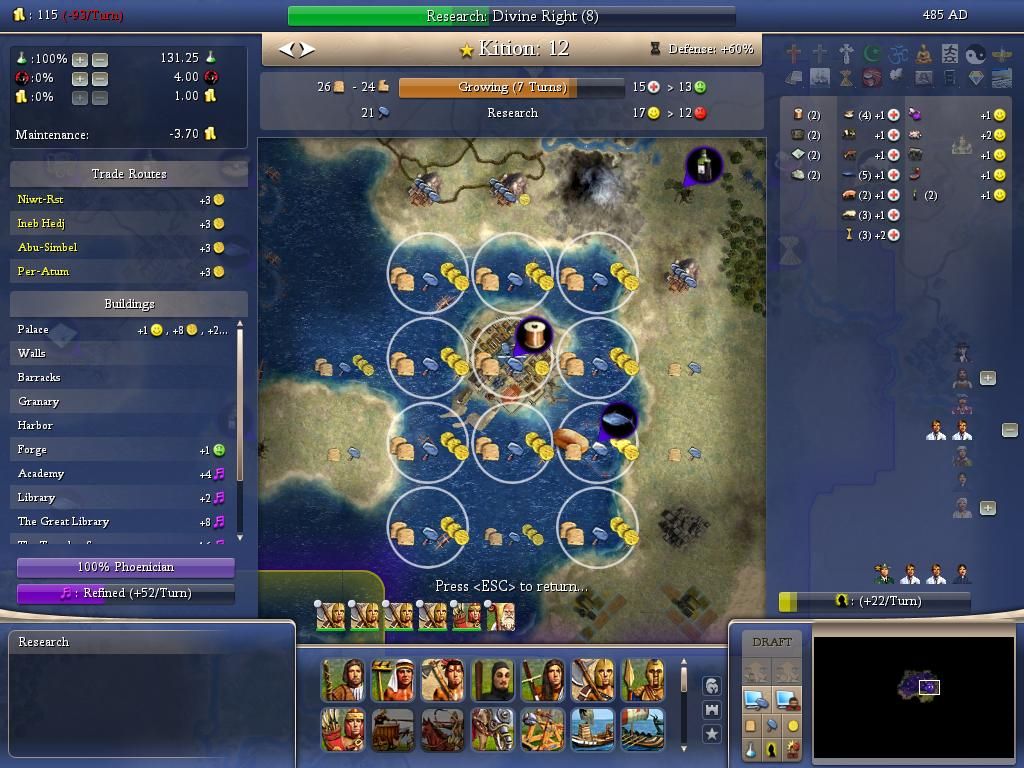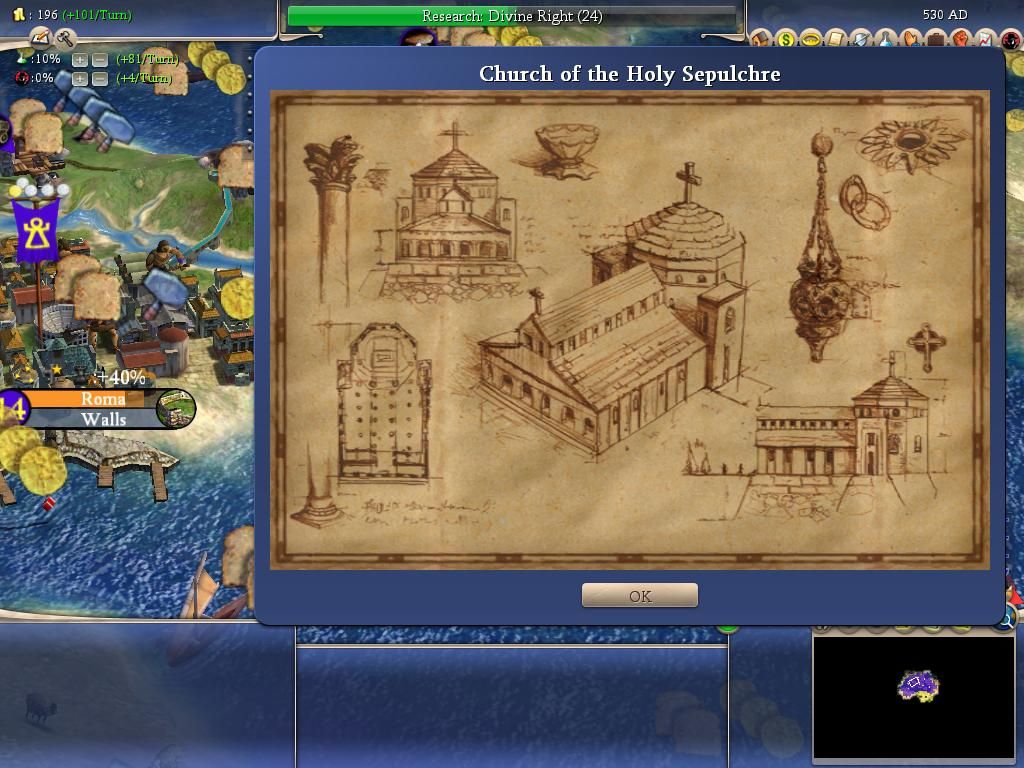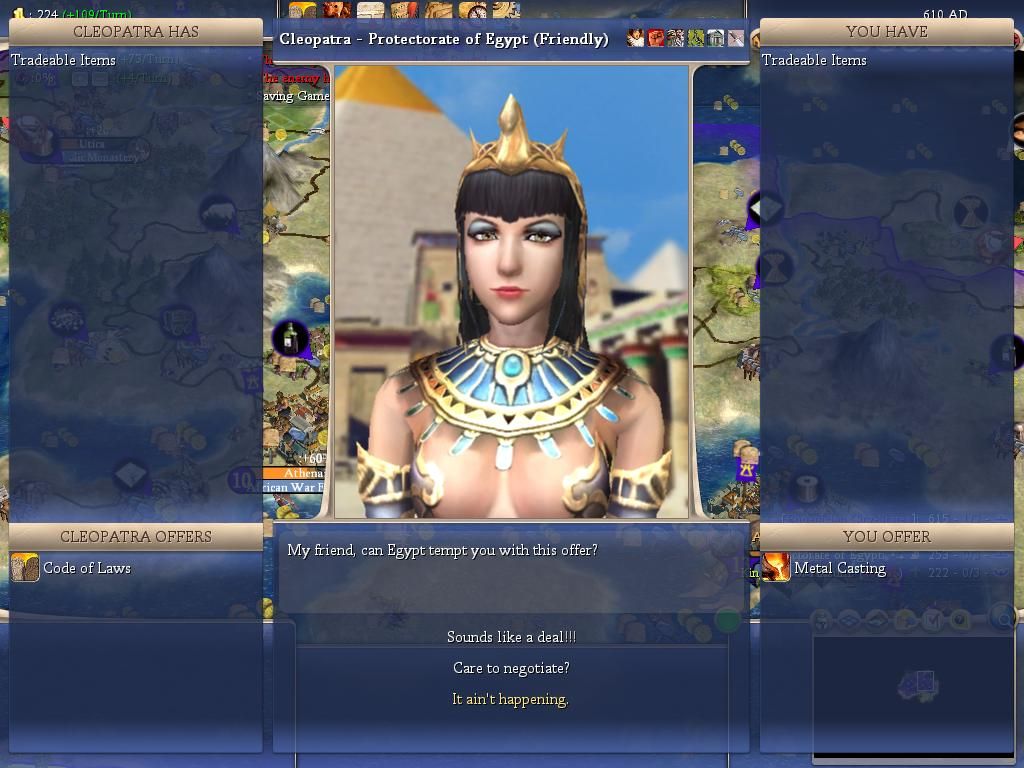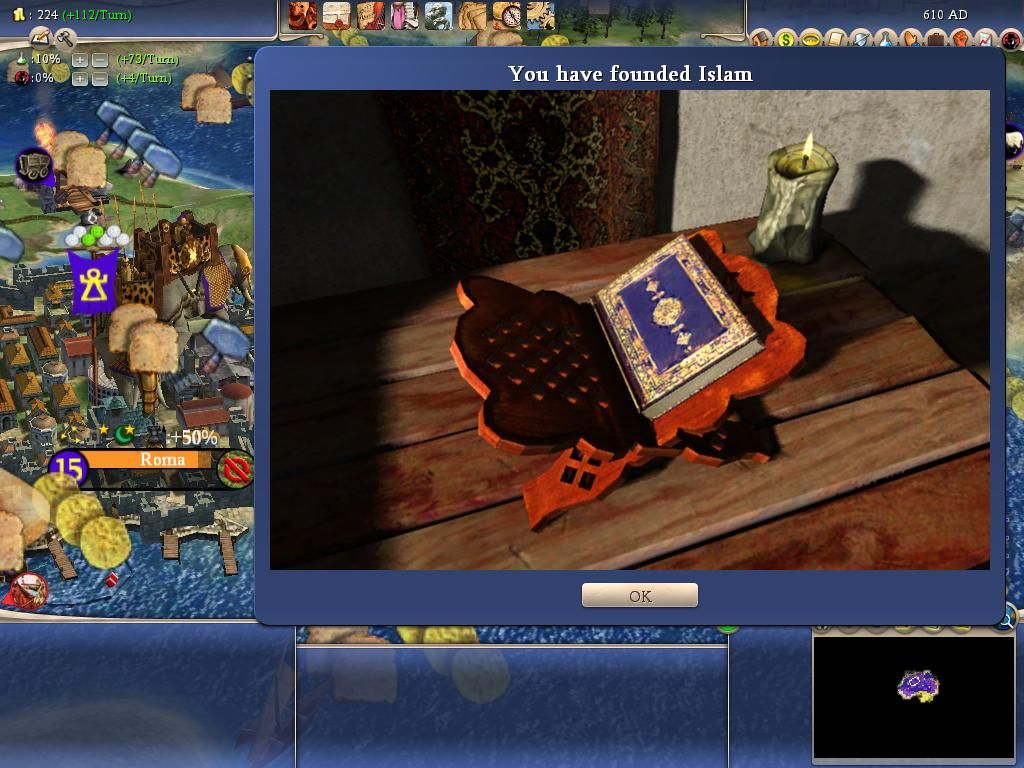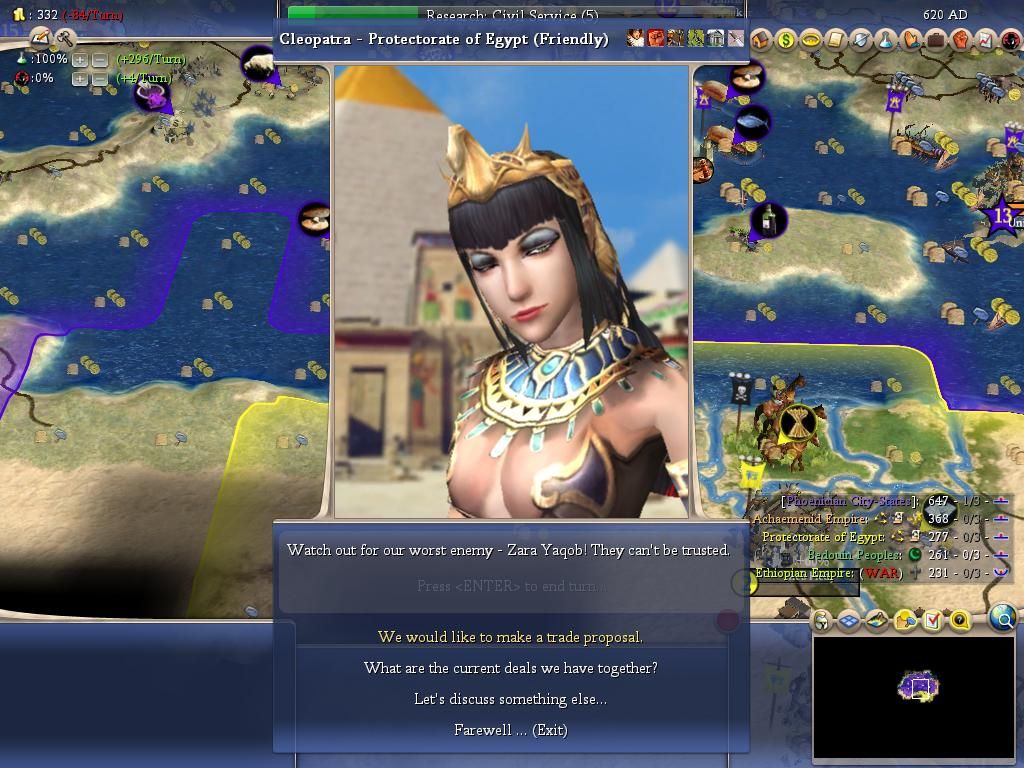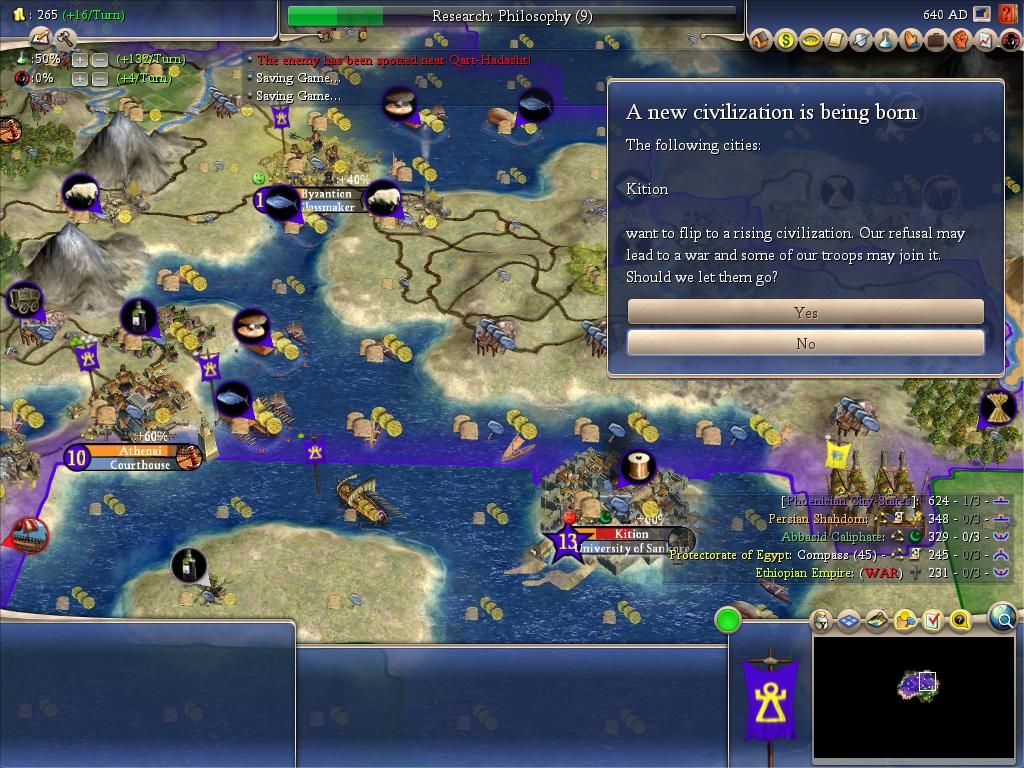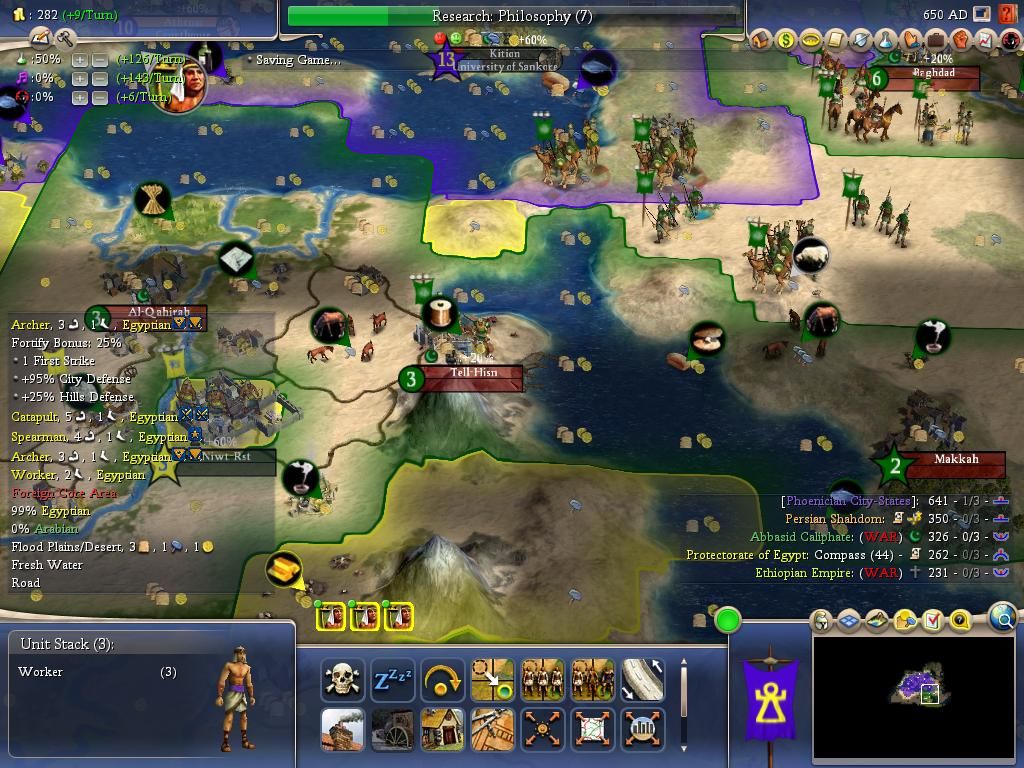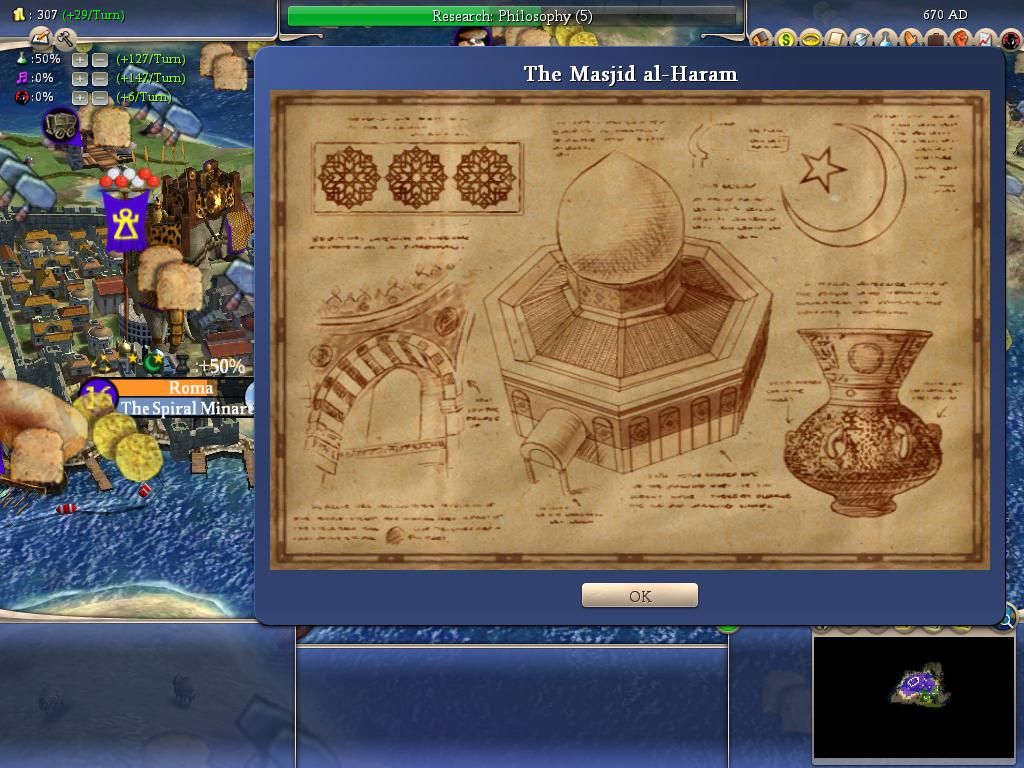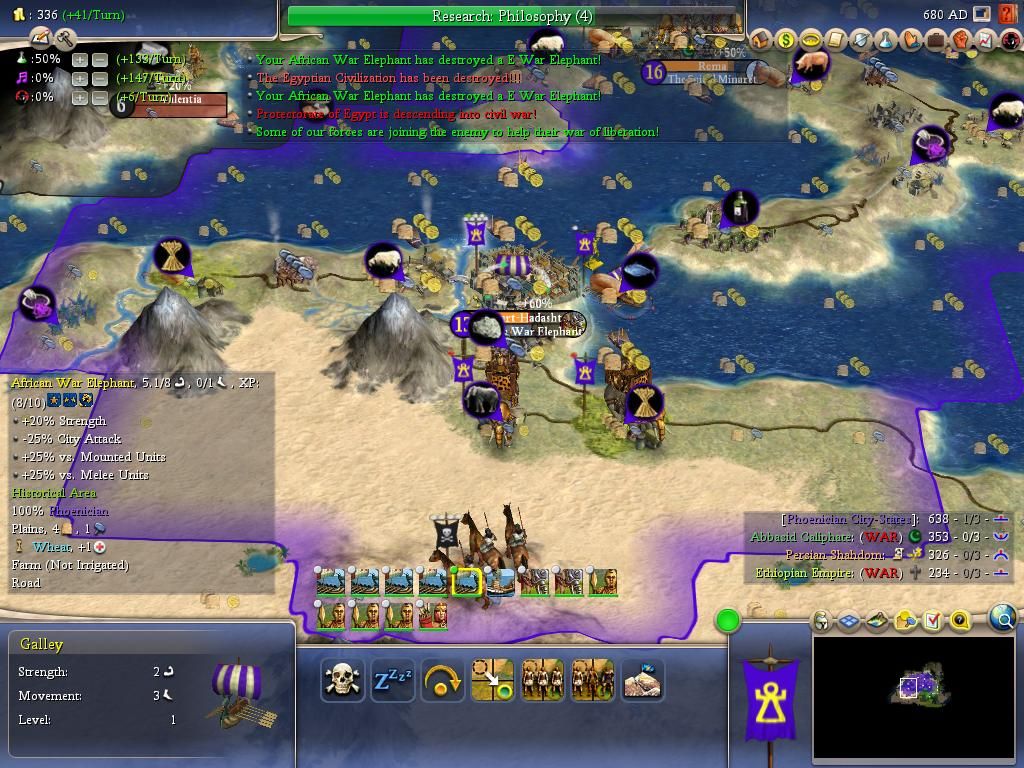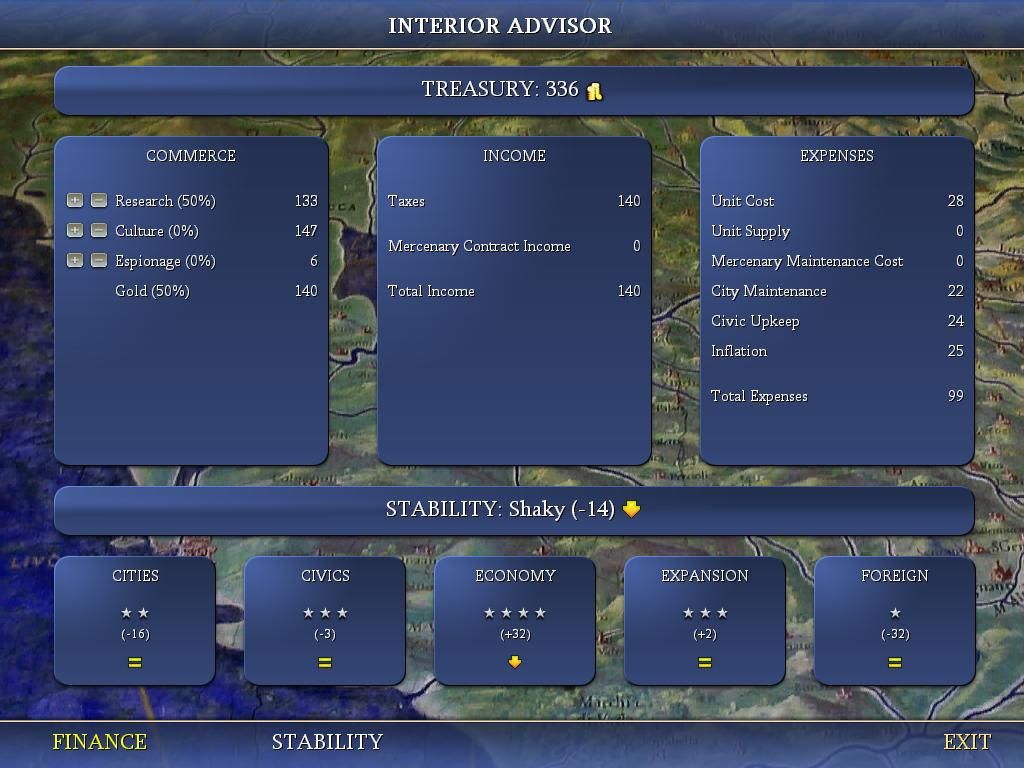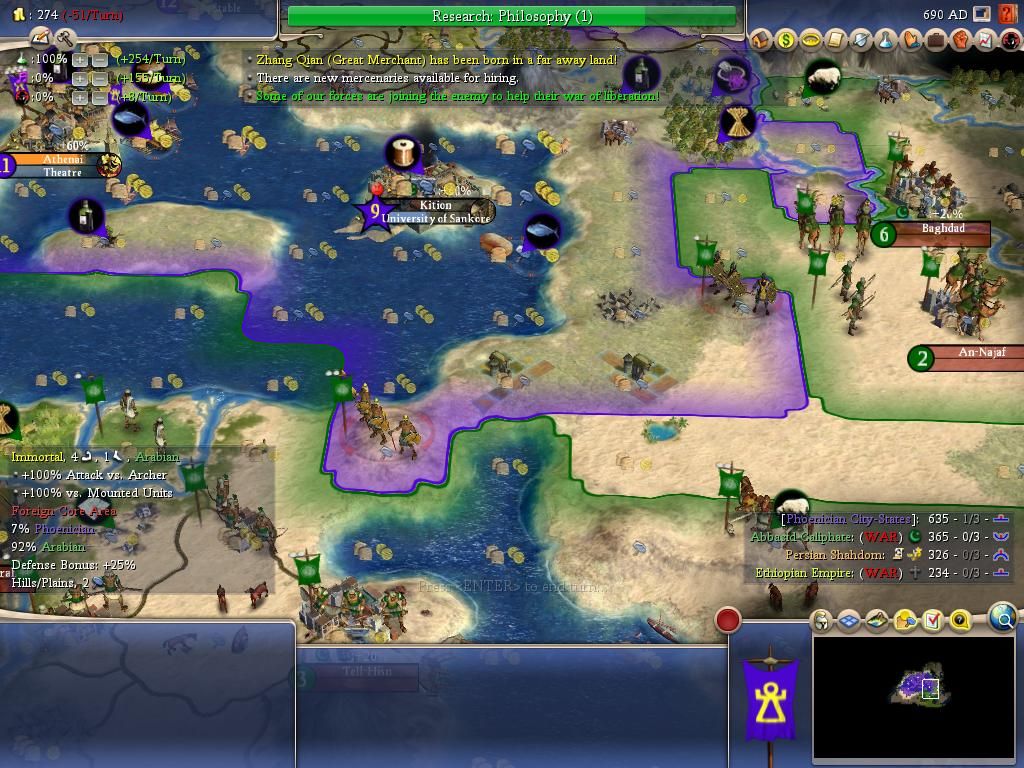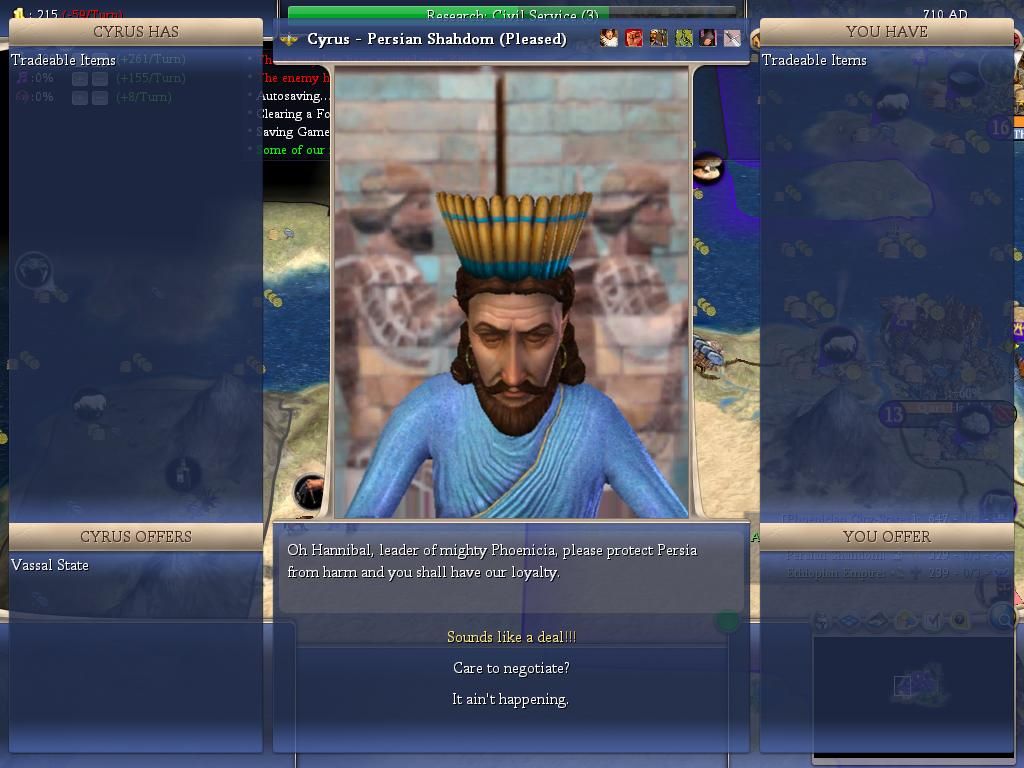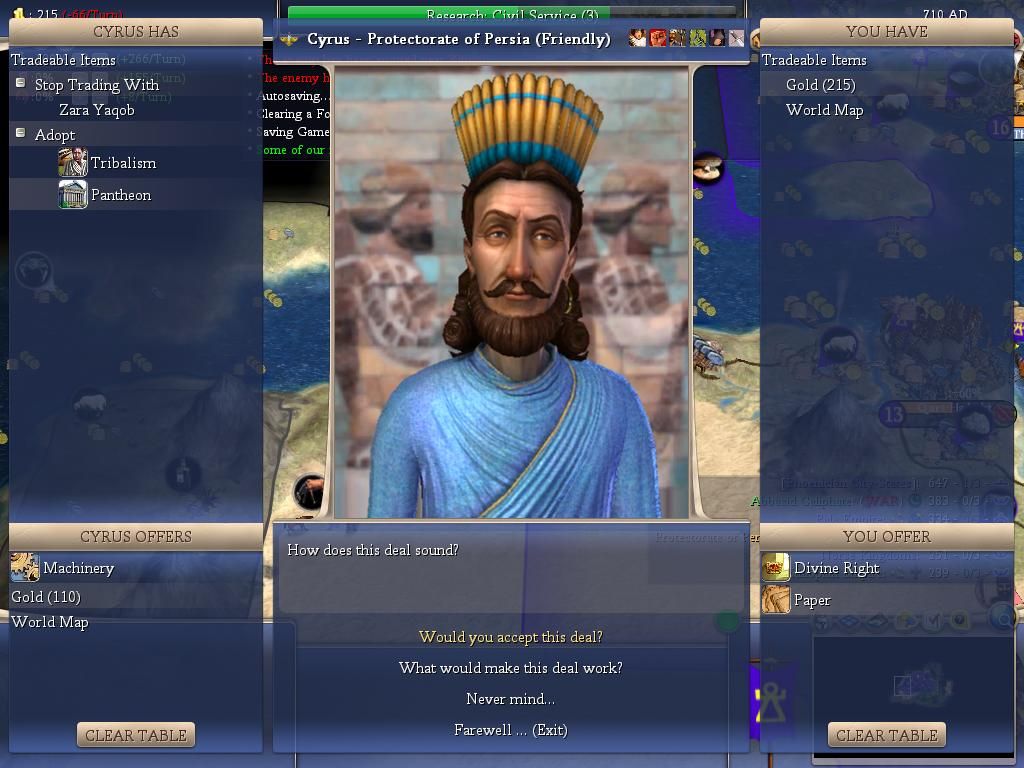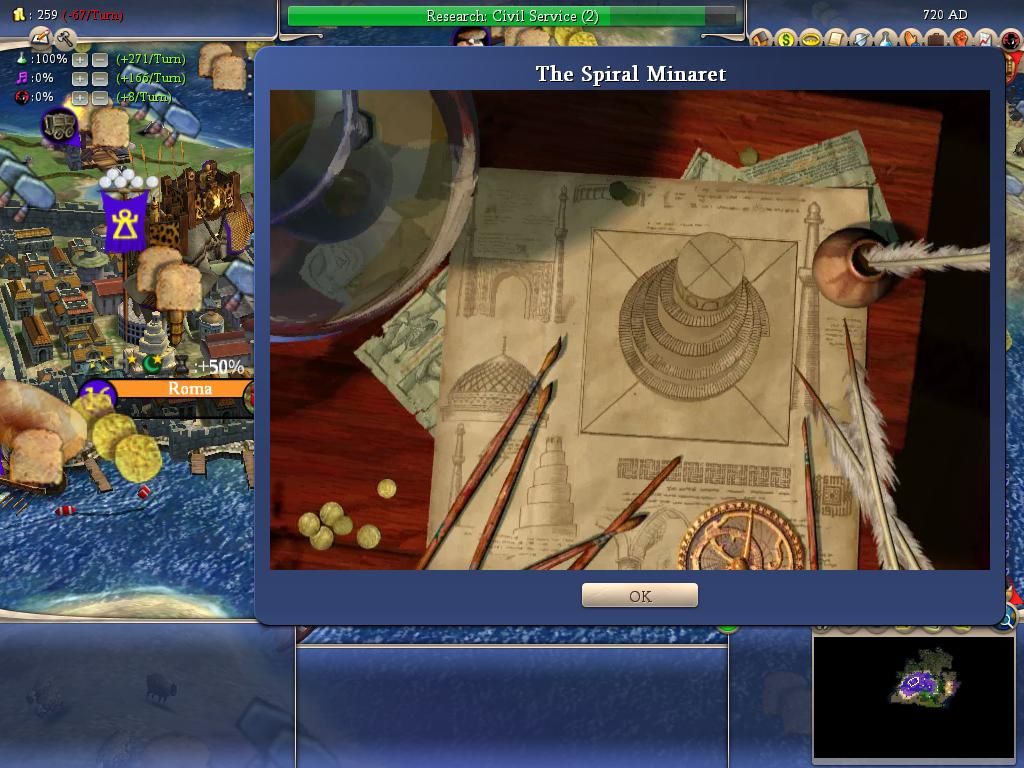Tomorrow's Dawn
Heroes Never Die
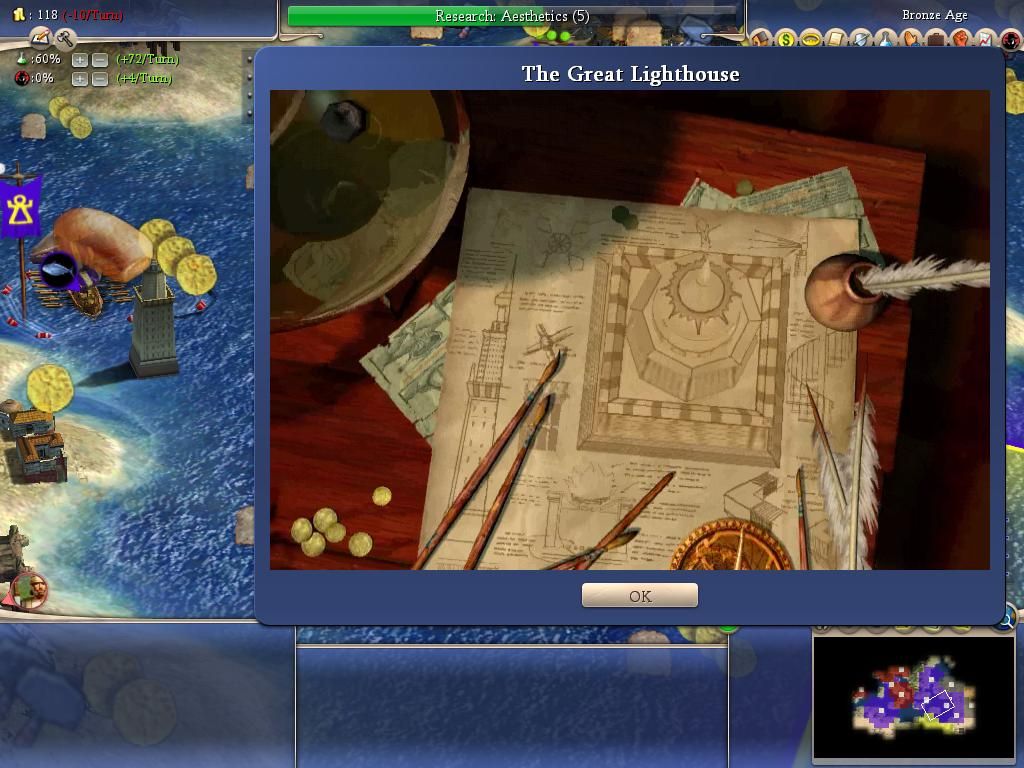
The Great Lighthouse goes up, and with it, our economy.
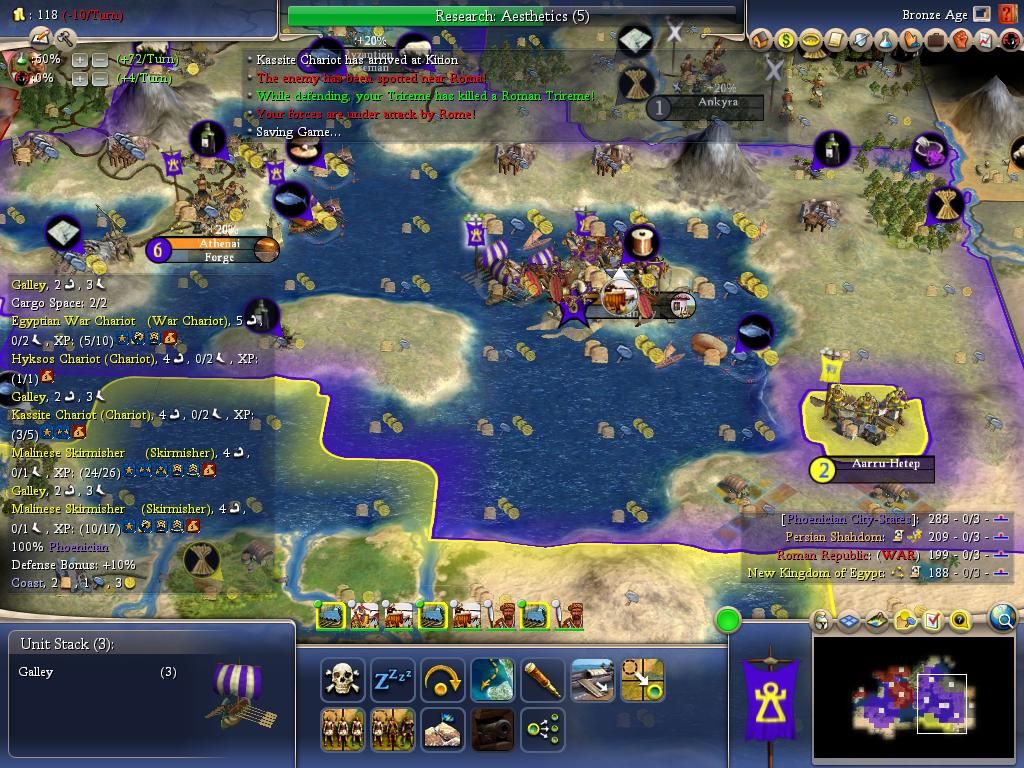
Hannibal hires a new company of mercenaries to reinforce the garrison at Rome.
Most of them are from Africa but several are from Asia Minor as well.
Also, note Jerusalem being swallowed up by a sea of Phoenician culture.
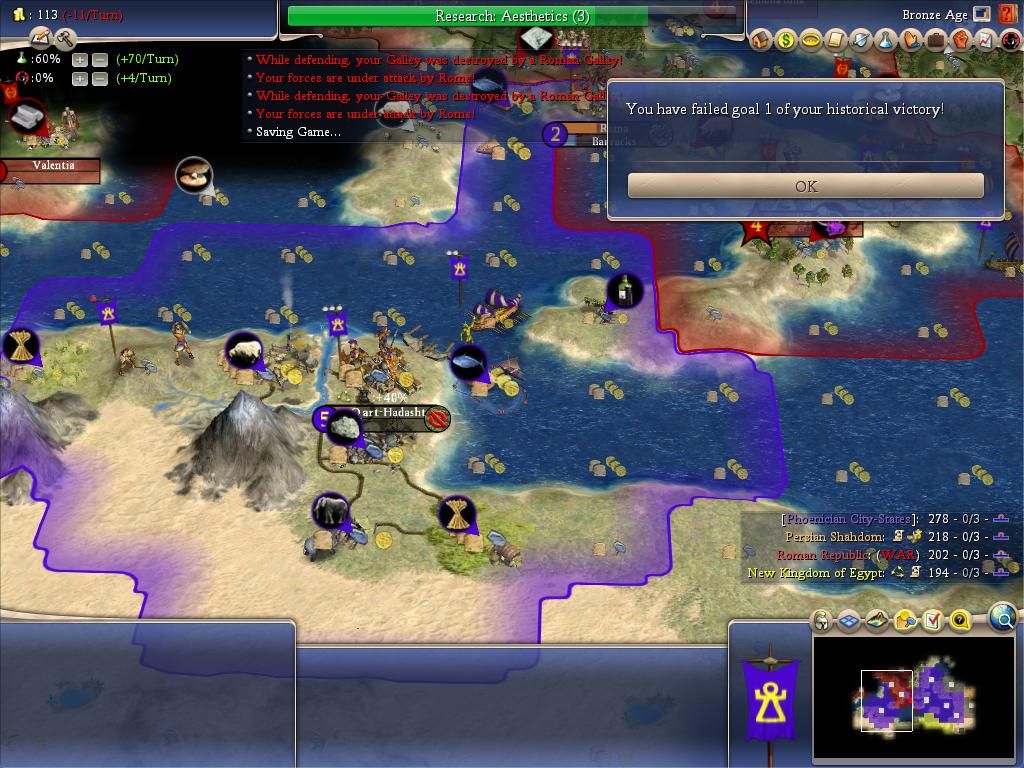
Ain't that nice?
DoC now alerts the player if they fail a UHV condition.
Depending on your outlook on life, this may have side effects,
ranging from severe depression to more endless playthroughs.
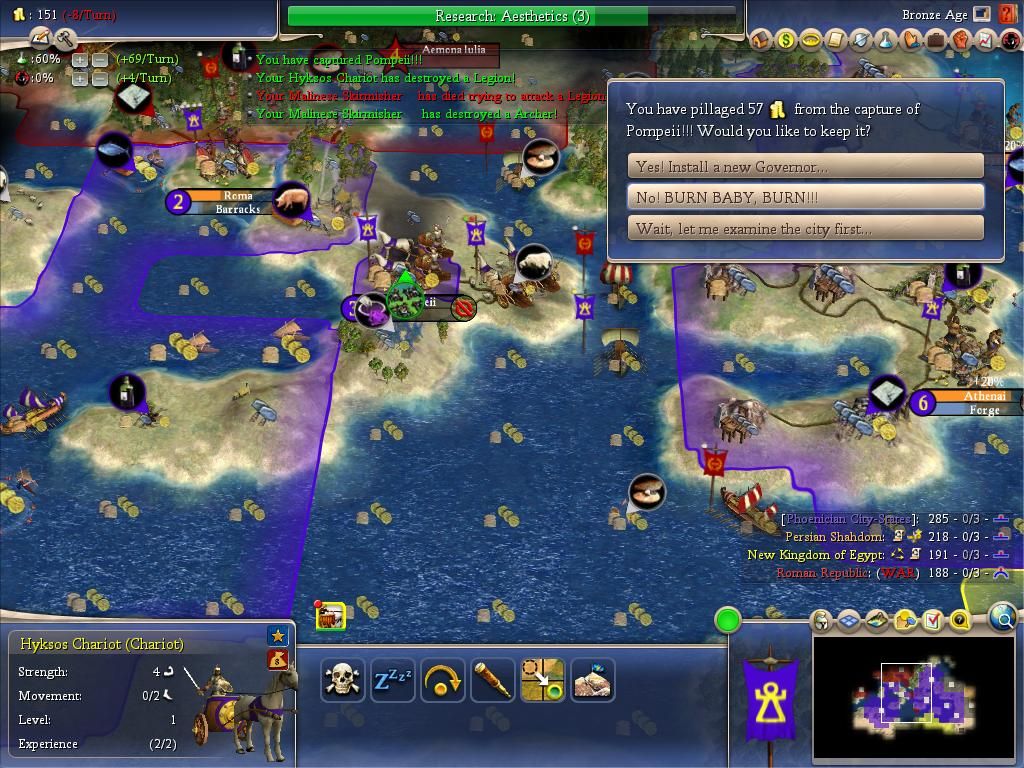
Pompeii goes up in flames as the Phoenician coalition enters the
chariots burst through the gates.
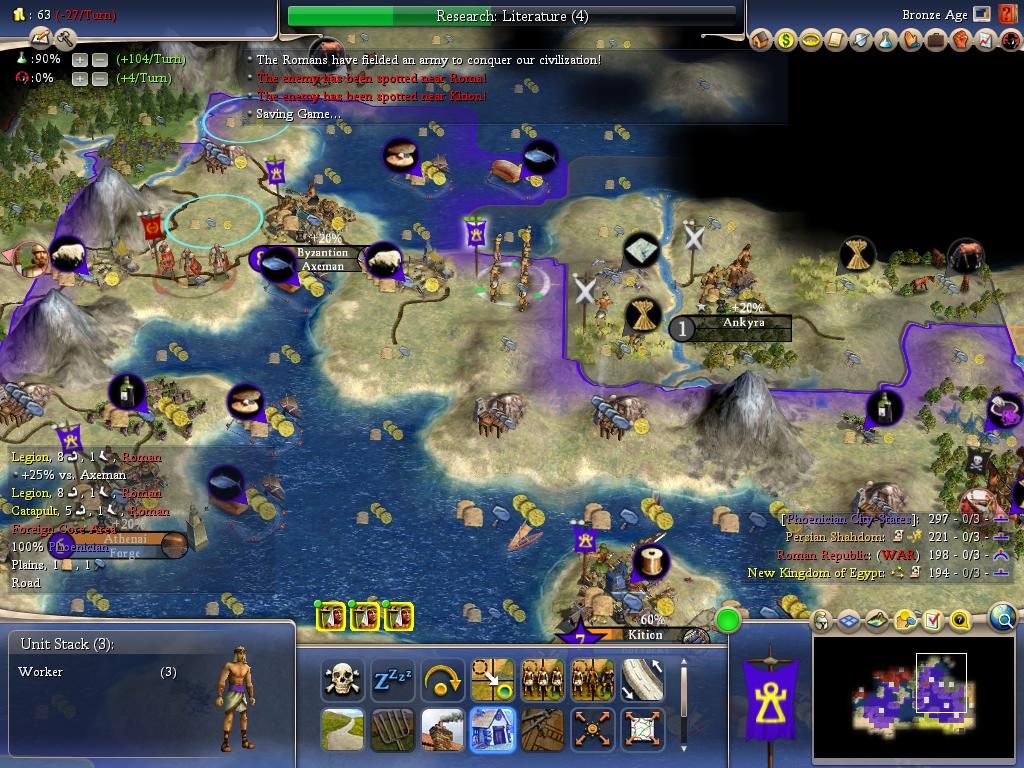
Caesar stands outside the gates of Byzantion with his army, out for blood.
To have shamed him so much through the loss of southern Italy, Hannibal would surely pay.
He had roused up the citizenry to reinforce the ranks of his Legions.
And although the ghost march through Illyria was grueling, it was worth it,
now that he had caught the Phoenician-Greeks here with their fustanellas down.
The dictator gave the order to fire, and watched his missiles rain across the enemy walls.
Okay. So, in previous versions of DoC, post-Mandate Armies, a player playing an ancient Med. nation could circumvent Roman conquerors via DoWing them, as Mandate Armies only worked when Rome DoWed a nation as the aggressor.
However, this "exploit" seems to have been fixed. So I got a pretty nasty surprise when Rome showed up at
my gates with Legions about 7-8 turns after my declaration and I wasn't expecting it.
You've been warned.

